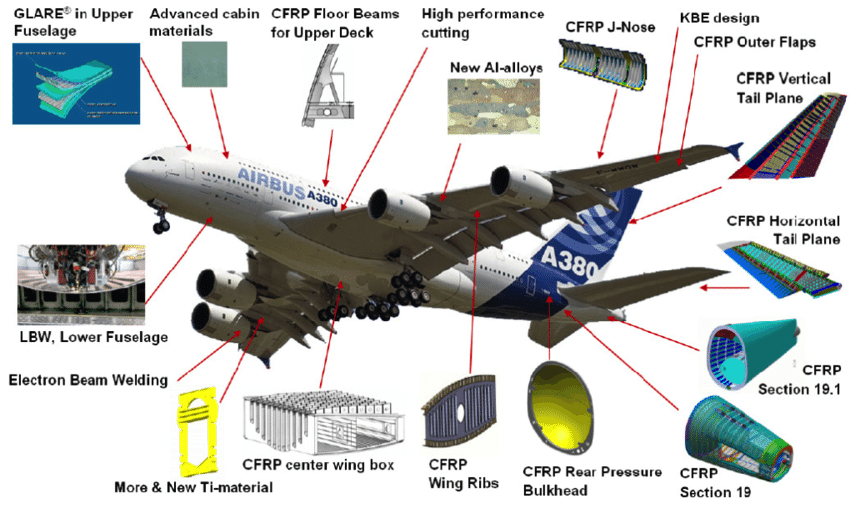In the aviation industry, safety, reliability, and performance hinge on the quality of every component. Whether you’re maintaining a private aircraft, managing a fleet, or overseeing procurement for a commercial operation, selecting the right aviation parts is a critical responsibility. The complexity of aircraft systems demands precision and compliance with strict regulatory standards. Making informed decisions about parts sourcing not only ensures operational efficiency but also protects passengers, crew, and assets. Here are four essential considerations to guide your selection process.
Compliance and Certification Standards
Aviation parts must meet rigorous certification standards to ensure they are safe and suitable for use. Regulatory bodies such as the Federal Aviation Administration (FAA) and the European Union Aviation Safety Agency (EASA) establish guidelines for manufacturing, testing, and documentation. When evaluating parts, confirm that they carry the appropriate certifications and traceability records. This includes airworthiness certificates, maintenance history, and manufacturer documentation. Using uncertified or improperly documented parts can lead to regulatory violations and compromise aircraft safety. Always verify that the parts meet the specifications required for your aircraft model and intended use.
Compatibility and Technical Specifications
Not all aviation parts are interchangeable, even if they appear similar. Compatibility with your aircraft’s make, model, and configuration is essential. Review technical specifications carefully, including dimensions, materials, and performance ratings. For complex systems such as avionics, landing gear, or engine components, consult with engineers or maintenance professionals to ensure proper fit and function. Installing incompatible parts can result in system failures, increased wear, or costly repairs. A thorough understanding of your aircraft’s requirements helps avoid errors and ensures seamless integration of new components.
Supplier Reputation and Reliability
The source of your aviation parts is just as important as the parts themselves. Working with reputable aircraft parts suppliers ensures access to genuine, high-quality components backed by industry expertise. Trusted suppliers maintain strict inventory controls, offer transparent documentation, and adhere to international standards. They also provide responsive customer service and technical support, which can be invaluable during urgent maintenance or troubleshooting. Look for suppliers with a proven track record, positive client feedback, and established relationships with OEMs (original equipment manufacturers). Building a partnership with a reliable supplier reduces risk and streamlines procurement.
Cost, Availability, and Lead Times
While cost is a factor in any purchasing decision, it should never come at the expense of quality or compliance. Evaluate pricing in the context of value, considering the longevity, performance, and warranty of the parts. Availability and lead times are also crucial, especially for time-sensitive repairs or scheduled maintenance. Delays in sourcing parts can disrupt operations and lead to costly downtime. When comparing suppliers, assess their inventory levels, shipping capabilities, and ability to fulfill orders promptly. A well-stocked supplier with efficient logistics can help you maintain operational continuity and avoid unnecessary delays.
Conclusion
Selecting aviation parts requires a careful balance of technical precision, regulatory compliance, and supplier integrity. By focusing on certification standards, compatibility, supplier reputation, and logistical efficiency, you can make informed decisions that support safety and performance. In an industry where every detail matters, a strategic approach to parts procurement ensures that your aircraft remains airworthy, reliable, and ready for flight.


